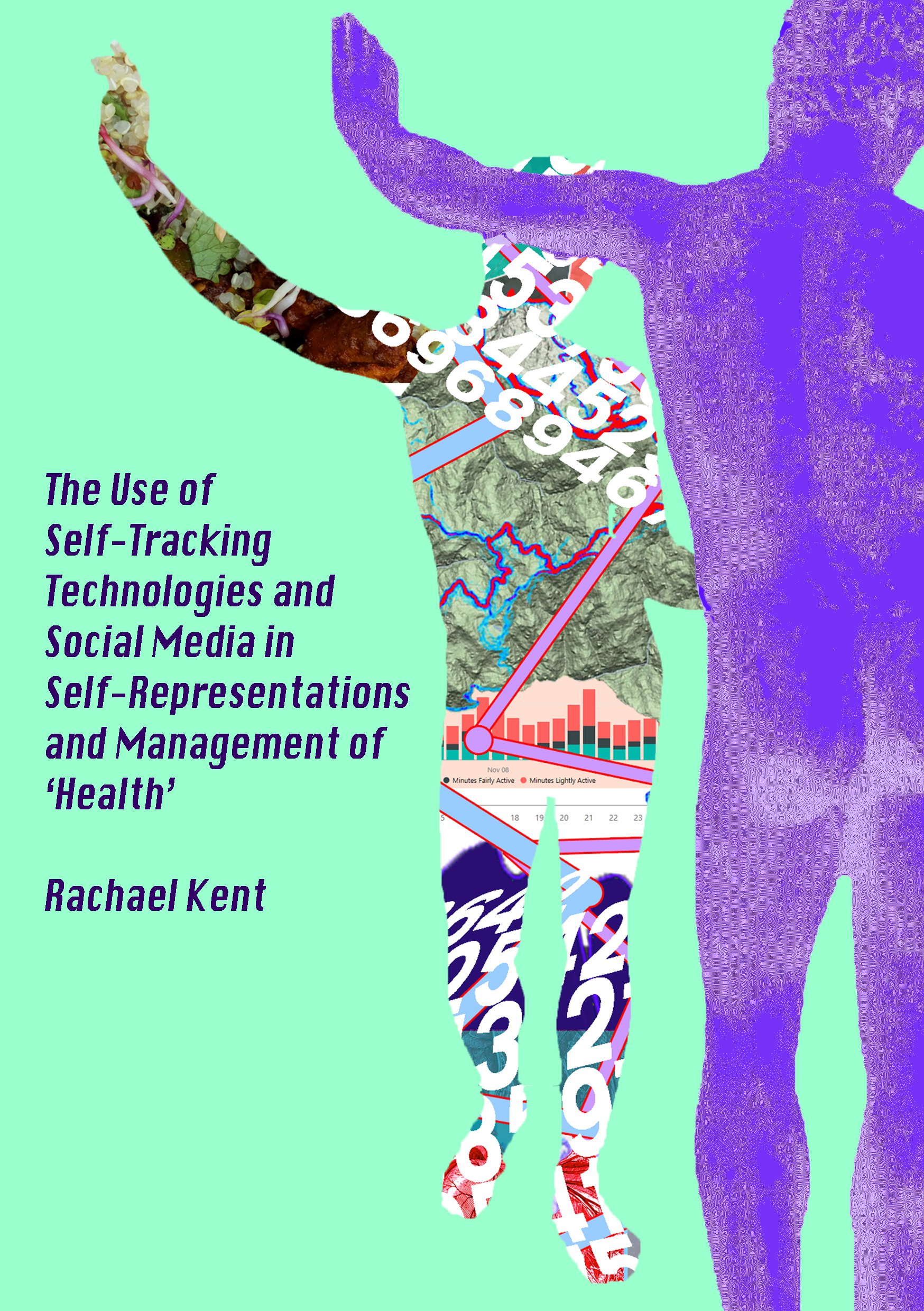The Use of Self-Tracking Technologies and Social Media in Self-Representation and Management of Health
Self-tracking technologies, which are advocated through health promotion strategies in neoliberal states, as well as by the corporations who market their benefits, have until very recently evaded critique and been primarily promoted as revolutionary tools for “health” betterment. At the same time, these technologies demonstrate the shift from a public welfare state responsibility for health towards individualized self-care practices. Research has attended to the role of self-tracking technologies in multiple settings such as work, education, insurance schemes, and leisure pursuits. However, no research has examined their use in representations of health on social media. This research fills a lacuna, by exploring how these performed and curated “health(y)” identities impact health behaviors in users’ daily lives, through self- and peer surveillance of health-related content. Through a textual and thematic analysis of empirical ethnographic data from semi-structured interviews, guided reflexive diaries, and an analysis of online content, this section examines how self-representations of health from self-tracking technologies and social media (Facebook and Instagram) influence health management in users’ (online and offline) everyday lives. Over the nine-month research period, the methodologies encouraged unanticipated reflexive engagement from the participants in relation to their tracking, sharing, and health practices. Additionally, this approach provided a new lens through which to explore distinctions between online and offline divides and negotiations from a user perspective.
The empirical findings identified both the qualitative and quantitative self-representations and practices of self-tracking in managing the body and health. The collaborative information produced within these data-sharing cultures changes user behaviors, understandings of the body, and what is deemed as healthy, in relation to others. Diet, lifestyle, and the body are tailored to what is aesthetically pleasing on social media. The embodiment of “good health,” feeling morally “better” and physically “well,” is empowered through feedback and (imagined) community surveillance, motivating users to continually self-survey, document, and share health representations. In contrast, these practices frequently distracted participants from personal health goals, gratification, and experience. When technology is removed or resisted from within these surveillant cultures, regulation of the body, with or without the tools and “technologies of the self,” is still prevalent, preventative, and self-policing. At the core of these practices are complex assemblages of knowledge, technologies, subjectivity, and ethics, which force users to bring the future into the present by controlling their bodies for the expectation and promise of better, “healthier,” and “optimized” futures. In turn, future health is demanded as a reward for past management of the body.

